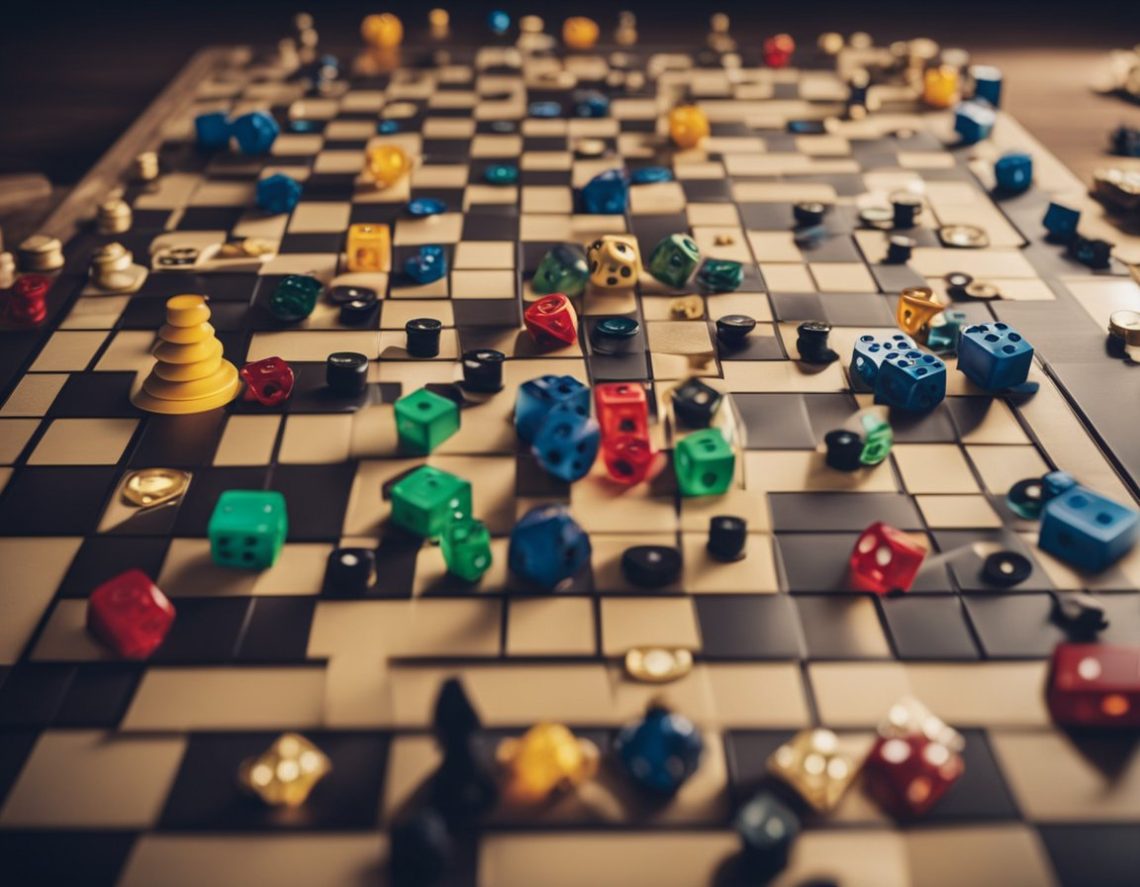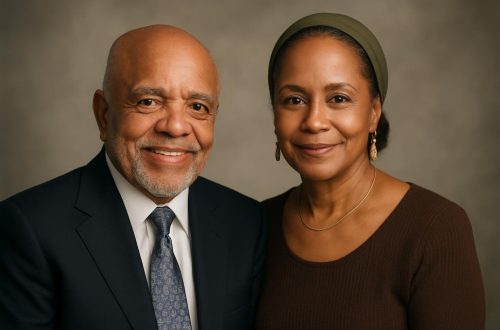
How Board Games Have Changed Over Time
Board games have been a beloved pastime for centuries, providing entertainment and social interaction for people of all ages. From ancient civilizations to modern-day game nights, board games have evolved and adapted over time to become the games we know and love today. In this article, we will explore the history of board games and how they have changed over time.
The earliest known board games date back to ancient Egypt and Mesopotamia, where games like Senet and the Royal Game of Ur were played. These games were often played for religious or spiritual purposes and were believed to have a connection to the afterlife. As board games spread throughout the world, they began to take on different forms and meanings, reflecting the cultures and values of the people who played them.
Over time, board games have continued to evolve, adapting to new technologies and cultural shifts. Today, we have a wide variety of board games to choose from, ranging from classic games like Monopoly and Scrabble to modern games like Settlers of Catan and Ticket to Ride. Whether you’re looking for a fun family game night or a competitive strategy game, there’s a board game out there for everyone.
Historical Evolution of Board Games

As we explore the evolution of board games, we can see how they have changed over time. From ancient times to the modern era, board games have adapted and evolved to become the beloved pastime we know today. In this section, we will discuss the historical evolution of board games and how they have changed over time.
Ancient Origins and Traditional Games
Board games have been around for centuries, with the earliest known board games dating back to ancient Egypt and Mesopotamia. Traditional games like Senet and the Royal Game of Ur were played using boards and pieces made from materials like wood, stone, and bone. These games were often used for religious or spiritual purposes and were played by people of all ages and social classes.
The Rise of Strategy and Eurogames
In the 19th and 20th centuries, board games became more accessible to the general population due to the Industrial Revolution and the rise of mass production. This led to a surge in their popularity, and many iconic board games like Monopoly were created during this time. In the 1990s, Eurogames emerged from Europe, introducing innovative mechanics and emphasizing strategy over luck. These games incorporated elements like resource management, area control, and variable player powers. Eurogames, also known as German-style games, revolutionized the industry and transformed the way games were designed and played.
The Modern Era and Digital Integration
With the rise of technology, board games have continued to evolve in the modern era. Digital integration has allowed for new forms of gameplay, and many board games now have digital versions that can be played online or on mobile devices. This has made board games more accessible than ever before, and has allowed for new ways to connect with other players around the world.
In conclusion, the evolution of board games has been a fascinating journey that reflects changes in society, culture, and technology. From ancient origins to modern innovations, board games have remained a beloved pastime that brings people together for fun and entertainment.
Cultural and Social Impact
Board games have been an integral part of our culture for centuries, and their impact on society has been significant. In this section, we will explore how board games have influenced education, community building, and social interaction.
Board Games in Education and Learning
Board games have been used as a tool for education and learning for many years. They provide an excellent opportunity for children and adults alike to develop critical thinking, problem-solving, and decision-making skills. Board games such as chess, Scrabble, and Risk have been used in schools and universities to teach strategy, language, and history.
In recent years, board games have also been used to teach science, technology, engineering, and mathematics (STEM) subjects. Games like Pandemic and Catan teach players about disease outbreaks and resource management, respectively. These games provide a fun and engaging way to learn complex subjects and have been embraced by educators and students alike.
The Role of Board Games in Community Building
Board games have always been a great way to bring people together and build a sense of community. They provide a fun and social activity that can be enjoyed by people of all ages and backgrounds. Board games can be played at home, in schools, community centers, and even in public spaces like parks and cafes.
Many board game enthusiasts organize regular meetups and events to play games and socialize with like-minded individuals. These events provide an opportunity for people to make new friends, share their passion for board games, and build a sense of community.
In addition to building social connections, board games can also help break down barriers and promote understanding between different cultures and communities. Games like Go, Mahjong, and Mancala are played all over the world and have been used to promote cross-cultural understanding and friendship.
Overall, board games have had a significant impact on our culture and society. They have provided us with countless hours of entertainment, helped us learn and develop new skills, and brought us closer together as a community.




